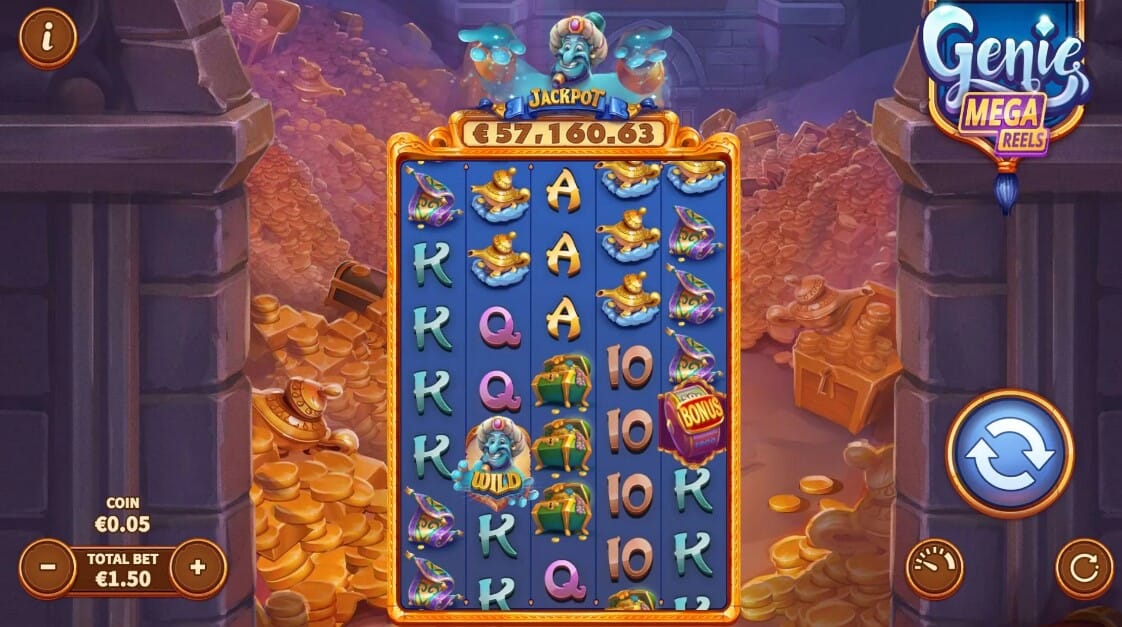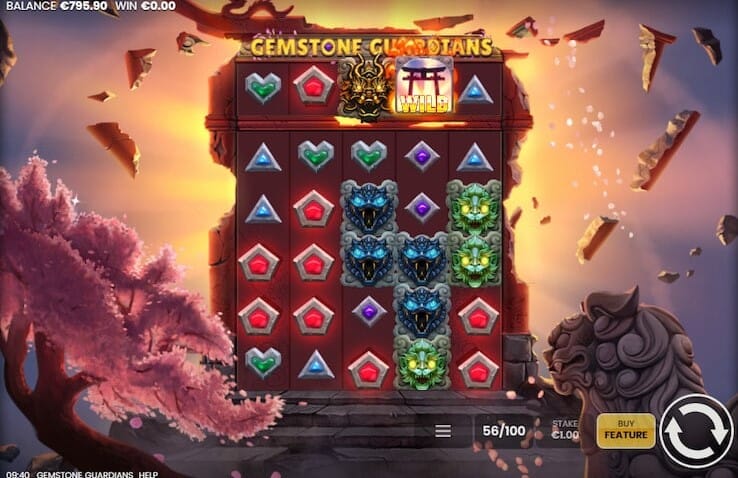
From Spinning Reels to Blockchain: The Future of Slot Gaming
Introduction
The world of gaming has undergone a remarkable transformation over the past few decades, and nowhere is this more evident than in the realm of slot gaming. What began as simple mechanical devices with spinning reels has evolved into a sophisticated digital landscape filled with exciting online slots, captivating graphics, and innovative technology. As we venture deeper into the 21st century, the influence of blockchain technology is poised to revolutionize the way players interact with casino slots games. This article will explore the journey from traditional slot machines to cutting-edge blockchain applications, examining how these advancements shape the future of slot gaming.
Understanding Slots: The Basics
What Are Slot Games?
Slot games are one of the most popular forms of gambling worldwide. They feature a series of spinning reels adorned with various symbols. Players place bets and spin the reels, hoping to align matching symbols for payouts.
Types of Slots
- Mechanical Slots: The classic machines that defined early gambling.
- Video Slots: Digital versions found in both land-based and online casinos.
- Progressive Slots: These offer jackpots that increase as more players bet on them.
- 3D Slots: Featuring advanced graphics and animations for an immersive experience.
How Do Online Slots Work?
Online slots operate using Random Number Generators (RNGs) to ensure fair play. Each spin is independent, making it impossible to predict outcomes.
The Evolution of Slot Machines
From Mechanical Reels to Video Screens
The transition from mechanical reels to video screens marked a significant turning point in slots history. This shift allowed for more complex game mechanics, expanded themes, and interactive features.
The Rise of Online Casino Slots Games
With the advent of the internet in the late 1990s, online casinos emerged, bringing slot games into homes around the globe. Players can now enjoy their favorite titles without visiting physical locations.
Mobile Gaming Revolution
As smartphones gained popularity, so did mobile gaming. Online slots optimized Slot machine games for mobile devices allowed players to gamble on-the-go, further welcome bonus increasing accessibility.
Diving Into Progressive Slots
What Are Progressive Slot Machines?
Progressive slots are unique in that they accumulate a portion of each bet into a jackpot that can grow significantly over time until one lucky player hits it big.

Strategies for Winning at Progressive Slots
While winning at progressive slots largely depends on luck, players can enhance their chances by:
Free Slots: A Playground for All Players
What Are Free Slots?
Free slots allow players to enjoy games without risking real Paylines money. This format is perfect for those looking to practice or simply have fun without financial pressure.
Benefits of Playing Free Slots
- No financial risk
- Opportunity to learn game mechanics
- Explore various themes and styles before betting real money
Blockchain Technology: A Game Changer?
How Does Blockchain Work?
Blockchain is a distributed ledger technology that records transactions across multiple computers securely and transparently.
Advantages of Blockchain in Slot Gaming
From Spinning Reels to Blockchain: The Future of Slot Gaming
The integration of blockchain technology signifies a new era for slot gaming. With its promise of transparency and security, players can engage in online slots with greater confidence than ever before.
Are Online Casinos Using Blockchain Now?
Yes! Many online casinos are beginning to incorporate blockchain technology into their platforms, resulting in greater accountability and trust among players.
Potential Challenges Ahead for Blockchain in Slot Gaming
Despite its advantages, there are challenges such as regulatory hurdles and technological adoption that could impede widespread implementation.
FAQs
What are online slots?
Online slots are digital versions of traditional slot machines available through internet-connected devices like computers and smartphones.
How do progressive slot machines work?
Progressive slots increase their jackpots over time as more players contribute bets until one player wins it all.
Can I play free slots?
Yes! Many online casinos offer free versions of their slot games where you can play without risking any money.
Is blockchain technology safe for gaming?
Yes! Blockchain provides enhanced security through its decentralized nature and encryption methods.
Will blockchain replace traditional casinos?
While it's unlikely traditional casinos will disappear entirely, blockchain may change how they operate by increasing transparency and trustworthiness.
ol3/hr3hr3/##
Conclusion
The landscape of slot gaming continues to evolve rapidly as we embrace new technologies like blockchain while celebrating rich traditions from mechanical reels to modern video formats. As we look toward the future—“From Spinning Reels to Blockchain: The Future of Slot Gaming”—it's clear that innovation will remain at the forefront of this industry’s growth trajectory. Whether you're playing casino slots games or exploring free slots options, understanding these changes will empower you as a player while enhancing your overall experience in this thrilling world!
We hope this exploration has enriched your understanding of how far we've come—and where we're headed—in slot gaming!